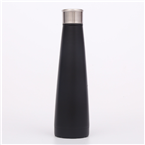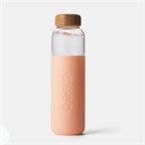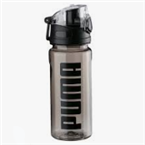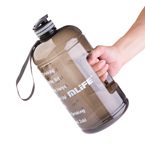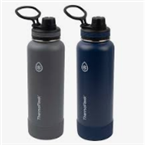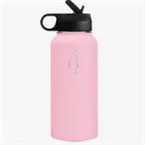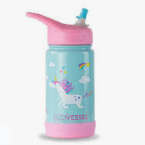Introduction: Plastic water bottles are one of the leading contributors to marine pollution, posing a severe threat to marine ecosystems and wildlife. In this blog, we’ll explore the impact of plastic water bottles on the oceans, their role in marine pollution, and the urgent need for global efforts to address this pressing environmental issue.
- Ocean Litter and Plastic Waste: Plastic water bottles are frequently found as litter on beaches and coastlines, with many ending up in the oceans due to improper disposal and inadequate waste management practices.
- Devastating Effects on Marine Life: Marine animals often mistake plastic water bottles for food, leading to ingestion and entanglement, resulting in injury, suffocation, and death, disrupting the delicate balance of marine ecosystems.
- Microplastics and Food Chain Contamination: Plastic water bottles break down into microplastics over time, which are ingested by small marine organisms and eventually make their way up the food chain, posing a risk to human health through seafood consumption.
- International Efforts to Combat Marine Pollution: Global initiatives, such as beach clean-ups, plastic waste reduction policies, and the promotion of sustainable alternatives, aim to combat marine pollution and raise awareness about the consequences of plastic water bottle waste.
- Individual Responsibility for Ocean Conservation: By adopting eco-friendly habits, such as using reusable water bottles and participating in local clean-up initiatives, individuals can actively contribute to preserving marine ecosystems and reducing plastic pollution.
Conclusion: Plastic water bottles’ contribution to marine pollution is a significant environmental concern that demands immediate action. Emphasizing the importance of responsible waste management, promoting sustainable alternatives, and engaging in ocean conservation efforts can collectively lead to a cleaner, healthier ocean and a more sustainable future for marine life and humanity.


